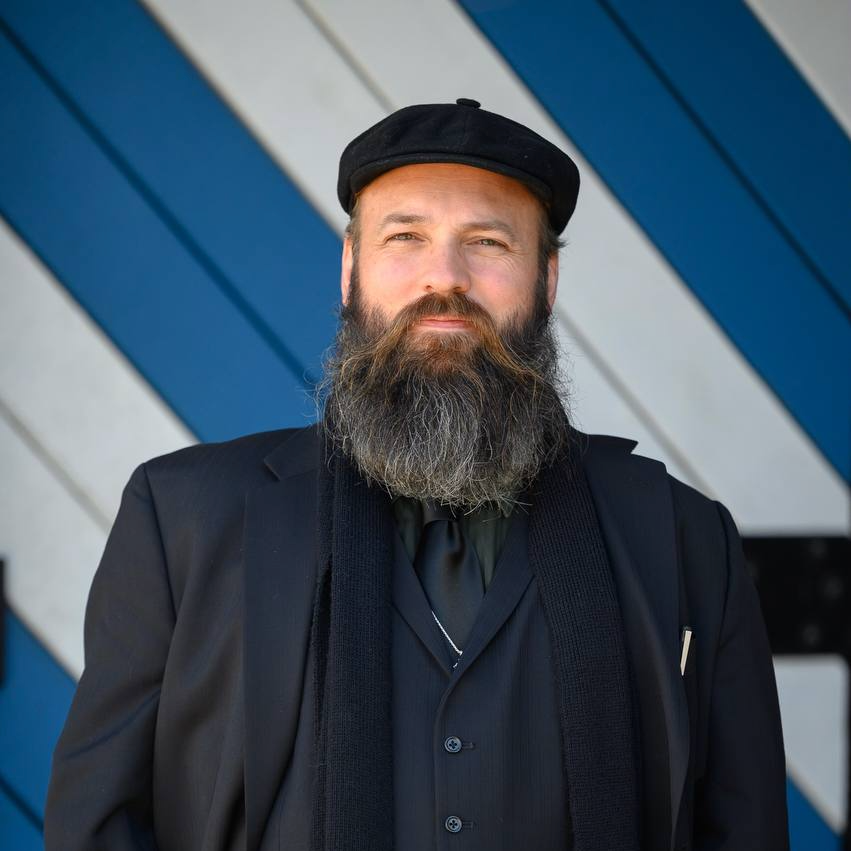Confronting Sin

Podcast: Play in new window | Download (Duration: 2:01:48 — 235.7MB) | Embed
Hosts

Corey J. Mahler

When confronting sin, the Christian must distinguish between the private and the public. The private or secret sin should generally not be published (and is subject to Matthew 18), but the public sin is generally already published (and is not subject to Matthew 18). The primary goal of confronting private sin is to retain or to regain the erring brother; the primary goal of confronting public sin is to rebuke the false teacher and to protect those who would otherwise be led astray.
In these matters, there are three core duties: the duty to God (which includes defending His honor and His truth), the duty to receive correction, and the duty to correct or rebuke. Confronting sin and correcting error are central parts of the Christian life. When theological or doctrinal controversies arise, there is both opportunity (e.g., for all parties to deepen in knowledge and faith) and danger (e.g., if false teaching is not rebuked and false teachers silenced, then wickedness may spread). How to approach specific situations is a matter of wisdom, but one that Christian men are absolutely not permitted to avoid.
Silence in the face of false teaching is complicity in it. Silence in the face of false belief on the part of a brother is indifference (i.e., hatred) of that brother. As iron sharpens iron, we must help our brothers to stay on the strait and narrow. And as the shepherd defends the sheep, so we must be watchful for false teachers.
Show Notes
See Also
Further Reading
Parental Warnings
None.
Current Sponsor(s)
Coming soon?
Support the Podcast
- Recurring Donation
- One-Time Donation
- Mahler’s Amazon.com Wish List
- Woe’s Amazon.com Wish List
- The Stone Choir 2024 Challenge Coin
- Update: Shipping has begun.
Comments?
Join the discussion on Telegram, visit the feedback form or comment below.
I’ve been thinking about visiting an Evangelical Lutheran Church near me in Virginia and it is WELS. I am just curious about your opinion on the Wisconsin synod compared to LCMS.
Both synods have their (largely similar) problems. The best thing is simply to visit a congregation and have a chat with the pastor (and elders, if possible).